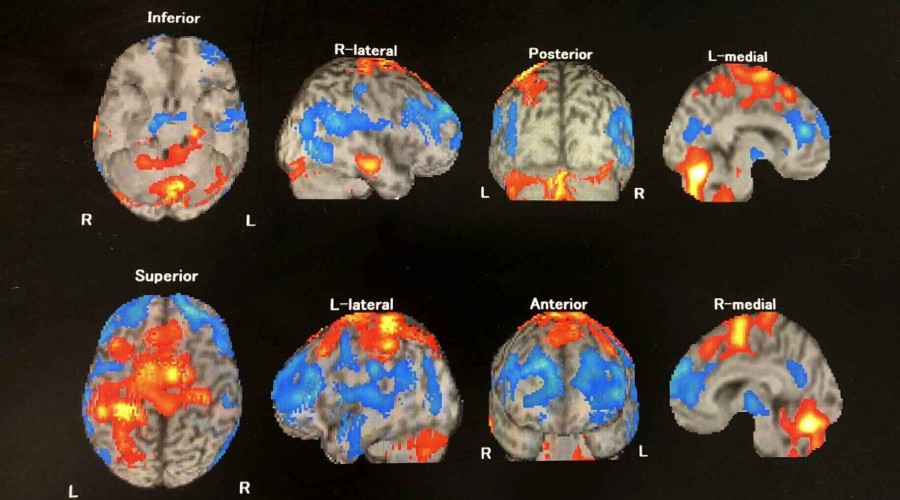Covid May Cause Changes in the Brain, New Study Finds
Brain scans before and after infection showed more loss of gray matter and tissue damage, mostly in areas related to smell, in people who had Covid than in those who did not

Qazet.az presents new study:
Covid-19 may cause greater loss of gray matter and tissue damage in the brain than naturally occurs in people who have not been infected with the virus, a large new study found.
The study, published Monday in the journal Nature, is believed to be the first involving people who underwent brain scans both before they contracted Covid and months after. Neurological experts who were not involved in the research said it was valuable and unique, but they cautioned that the implications of the changes were unclear and did not necessarily suggest that people might have lasting damage or that the changes might profoundly affect thinking, memory or other functions.
The study, involving people aged 51 to 81, found shrinkage and tissue damage primarily in brain areas related to sense of smell; some of those areas are also involved in other brain functions, the researchers said.
“To me, this is pretty convincing evidence that something changes in brains of this overall group of people with Covid,” said Dr. Serena Spudich, chief of neurological infections and global neurology at the Yale School of Medicine, who was not involved in the study.
But, she cautioned: “To make a conclusion that this has some long-term clinical implications for the patients I think is a stretch. We don’t want to scare the public and have them think, ‘Oh, this is proof that everyone’s going to have brain damage and not be able to function.’”
The study involved 785 participants in UK Biobank, a repository of medical and other data from about half a million people in Britain. The participants each underwent two brain scans roughly three years apart, plus some basic cognitive testing. In between their two scans, 401 participants tested positive for the coronavirus, all infected between March 2020 and April 2021.
The other 384 participants formed a control group because they had not been infected with the coronavirus and had similar characteristics to the infected patients in areas like age, sex, medical history and socioeconomic status.
With normal aging, people lose a tiny fraction of gray matter each year. For example, in regions related to memory, the typical annual loss is between 0.2 percent and 0.3 percent, the researchers said.
